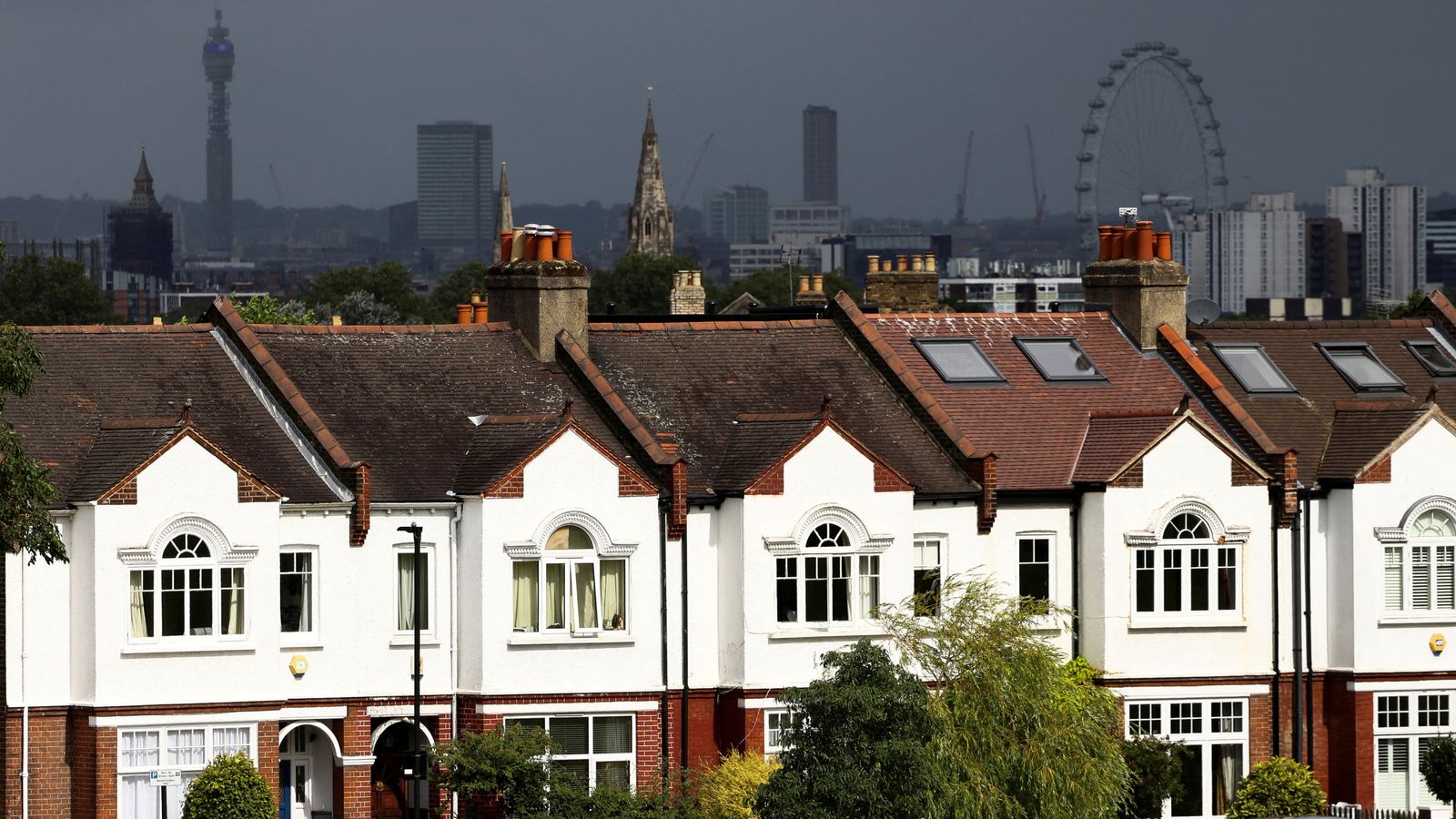One in 100 children are homeless and living in temporary accommodation where many share beds with family members, a charity has said.
Temporary accommodation is provided by councils to eligible families who become homeless and can take the form of emergency hostels, bed and breakfasts and one-room bedsits.
Some 120,710 children in England were homeless and living in temporary accommodation between April and June, the latest available government figures show.
This equates to one in every 100 children across the country, housing charity Shelter said.
The charity believes the numbers are likely to have grown over the last six months and will continue rising as the cost-of-living crisis worsens.
Shelter said the housing emergency is “robbing children of a secure childhood”.
The charity spoke to 833 families with a total of 1,616 children living in temporary accommodation.
The survey found 45% of children living in temporary accommodation have arrived at school tired, late or hungry because of their housing situation.
Just over a quarter of parents (26%) said their children were often unhappy or depressed as a result of living in temporary accommodation.
A similar number – 28% – said their children were finding it hard to make or keep friends.
Shelter said this could be the result of children feeling embarrassed over where they live or being unable to have friends round to play because of a lack of space or rules on visitors.
The survey, funded by Trust for London and the Joseph Rowntree Foundation, also found 35% of parents in temporary accommodation said their children do not have their own bed and are forced to share with another family member.
Some 61% said their children lack space to play in their temporary accommodation.
Living in a ‘halfway house’
Lily, whose full name is not being reported to protect her identity, and her three children were housed in a single room in a hostel alongside people who had just left prison.
She told Sky News: “It was scary, there were a lot of fights.”
The hostel had “halfway house rules” she said, from bans on smoking and drinking to restrictions on the number of toilet rolls dispensed at once.
It was “dehumanising”, she said, but they had to be careful: “If we got kicked out would have been seen as intentionally homeless.”
Lily told Sky News she worked hard to shield her children – a 10-year-old girl and two older teenagers – from the reality of the situation.
She said she “made it into a bit of a game” but “they picked up on the fact we didn’t have a home”.
Doing homework in the bathroom
Channah, 47, is a full-time social worker and has been living in an emergency bed and breakfast with her three children since being served with a Section 21 no-fault eviction notice.
Now “home” for the family of four is a small room with a bunk bed and a kitchenette next to the bed.
Her 16-year-old daughter sits in the bathroom to study for her GCSEs “because there’s literally no room when we are all there”.
“All of her work is online, and we have no access to the internet.
“She has just done her mock exams and the results will determine which sixth forms she can apply to.
“It breaks my heart to see her struggling to study.”
Read more:
Councils paying millions more for temporary accommodation
Nearly one million private renters in England under threat of eviction
Please use Chrome browser for a more accessible video player
‘Something has gone very wrong’
Shelter chief executive Polly Neate said: “A grotty hostel or B&B is not a home, but this is where thousands of homeless children are forced to live.
“And many more children will be thrown into homelessness as their parents can no longer afford to keep a roof over their head. The housing emergency is robbing children of a secure childhood.
“Thousands of homeless children are turning up to school too tired to learn – hardly surprising when one in three have to share a bed.
“Something has gone very wrong when children cannot play because their temporary accommodation is too cramped even for toys, and no friends are allowed to visit.”
A government spokesperson said: “No child should be without a roof over their heads. Councils have a duty to provide accommodation and we’ve provided them with £366 million this year to ensure they can find suitable accommodation, and we will bring forward legislation in the new year to ban Section-21 no fault evictions.
“Temporary accommodation is always a last resort, but a crucial safety net to ensure families have somewhere safe to stay.”








